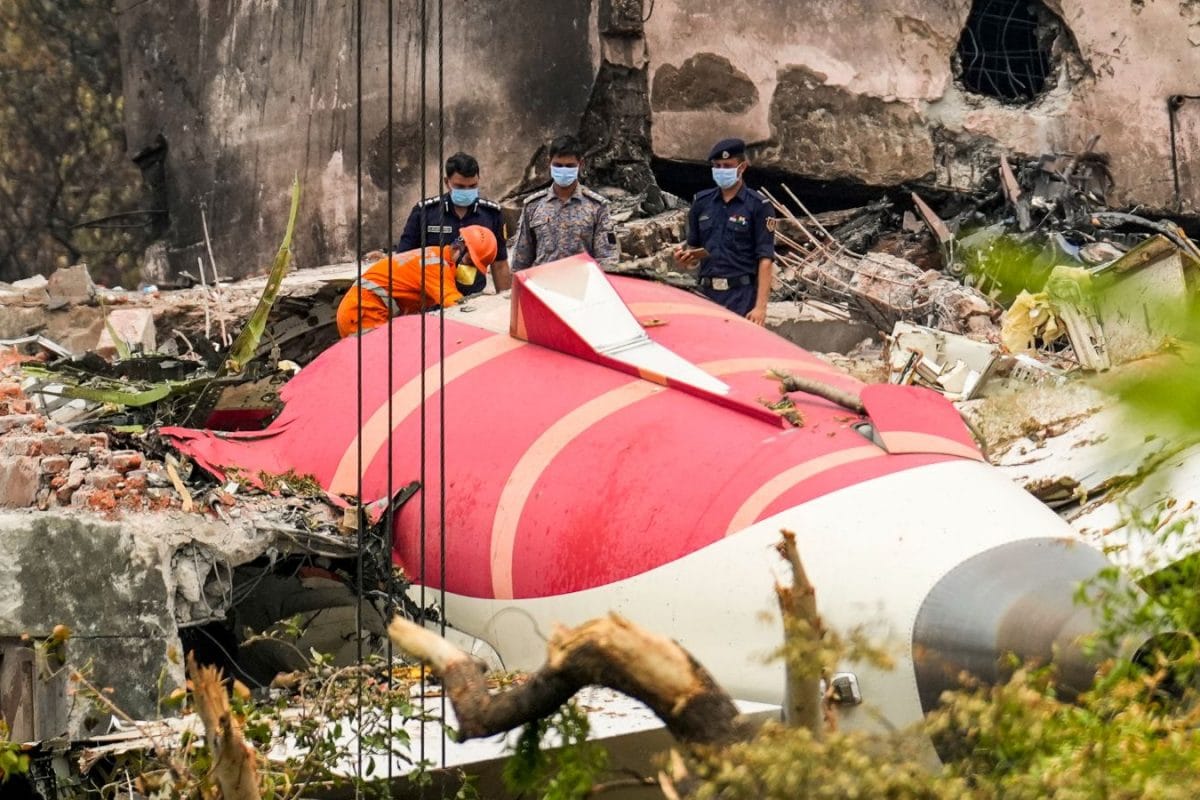

The tragic Air India crash in Ahmedabad, involving a Boeing 787 Dreamliner, which resulted in over 270 fatalities, has sparked a heated debate, with an Indian-American professor, Rajeshwari Iyer, drawing criticism for linking the disaster to India's reservation policies. Iyer's comments, made shortly after the crash, have been labeled as insensitive and casteist by many netizens.
Iyer, an alumna of prestigious Indian institutions, including NIT Puducherry and IIT Delhi, shared a job advertisement from the Airports Authority of India (AAI) for air traffic control positions on X (formerly Twitter). The advertisement included information about reservation quotas, prompting Iyer to comment, "Even the post of 'Air Traffic Controller' has reservations. Means: In India, freeloaders are more important than safety." She further added, "Including Indian citizens, we lose many British citizens too. 241 died in plane crash. What a pathetic system (sic)."
These remarks ignited a social media firestorm, with many users condemning Iyer for what they perceived as a premature and insensitive attempt to link the crash to India's affirmative action policies. Critics argued that it was too early to draw conclusions about the cause of the crash, especially since the official investigation was still underway. Some also pointed out that preliminary findings suggested possible malfunctions in the Boeing Dreamliner, specifically dual-engine failure and thrust loss, rather than issues related to air traffic control or hiring practices.
Several users highlighted the fact that the Boeing Dreamliner is manufactured by an American company, implying that the focus should be on potential technical issues rather than casting blame on India's reservation system. Others dug up information about past air accidents involving professionals who did not belong to reserved categories, challenging Iyer's assertion that reservation-based hiring compromises safety.
While Iyer's comments were met with widespread condemnation, a section of social media users did express support for her views, echoing concerns about the impact of reservation policies on efficiency and safety. This isn't the first time Iyer has courted controversy with her views on caste-related issues. Last year, she sparked a similar debate by claiming that Brahmins are the most exploited people in India, a statement that also drew considerable backlash.
The Air India crash has had significant repercussions for the airline, with bookings plummeting by an estimated 30-35% in the days following the incident. This decline in bookings is attributed to a combination of factors, including emotional reactions to the tragedy and broader market dynamics. In response to the crash, Air India has reduced its international services on wide-body aircraft by 15% until at least mid-July. This decision aims to increase reserve aircraft availability to mitigate any unplanned disruptions and allow for enhanced safety checks on the fleet. The airline is also offering passengers the option to reschedule their travel without any cost or receive a full refund.
Air India CEO Campbell Wilson stated that the crashed aircraft had undergone a major check in June 2023, with the next one scheduled for December 2025. He added that both the aircraft and its engines were regularly monitored and showed no issues before the flight. The Aircraft Accident Investigation Bureau's multidisciplinary team has completed critical recovery efforts related to the crash, and the investigation into the cause of the accident is ongoing. Both flight recorders have been recovered and are undergoing analysis.
The controversy surrounding Iyer's comments underscores the sensitivity and complexity of discussions about caste and reservation in India. While some view reservation as a necessary tool for social justice and equality, others argue that it can lead to inefficiencies and compromises in meritocracy.